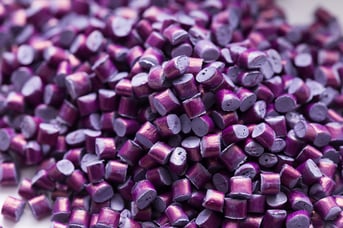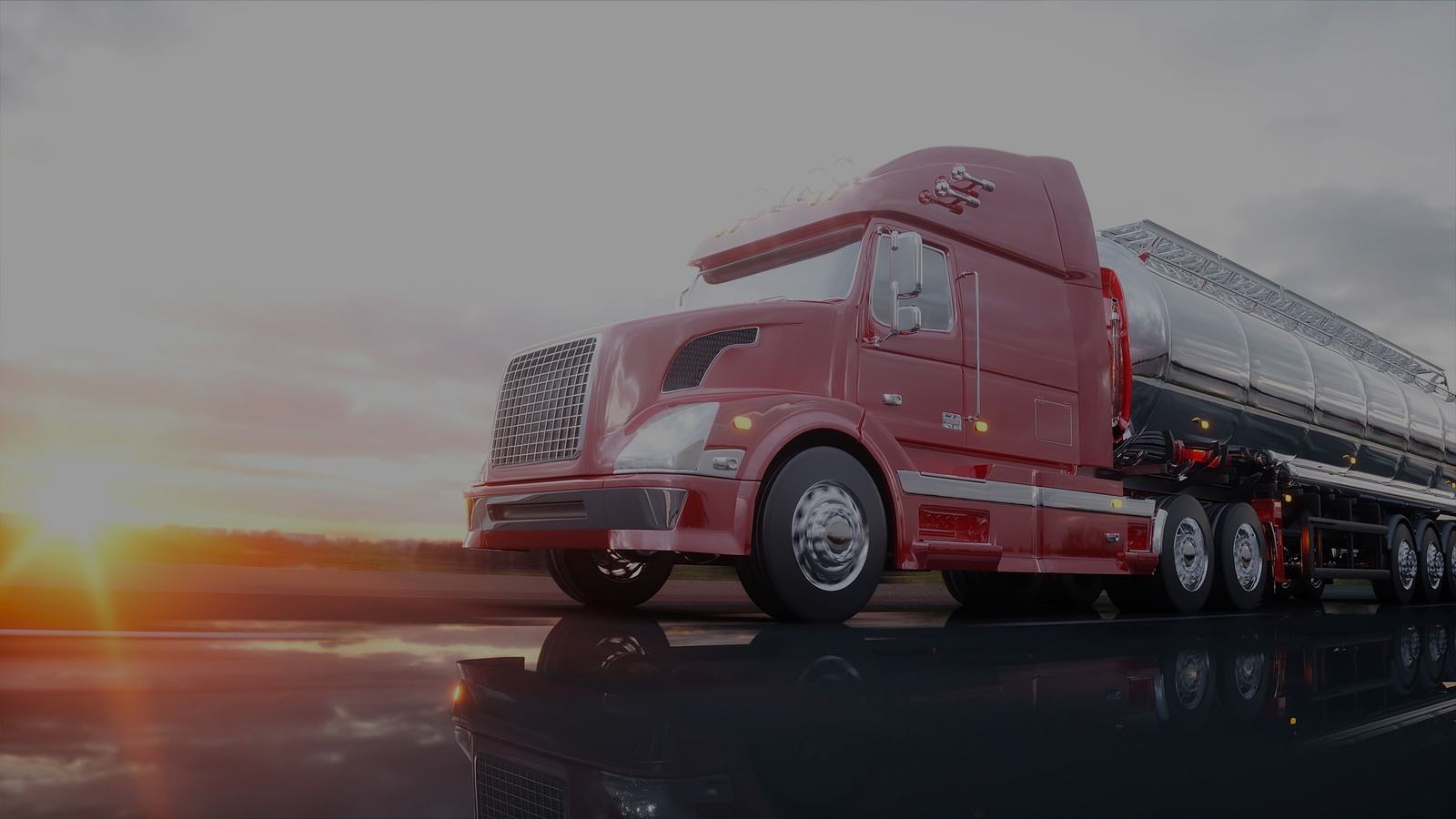From phones to trash cans to soda bottles, all sorts of everyday items start out as plastic pellets transported in pneumatic trailers. These pellets, also known as resin or nurdles, are foundational materials for countless products and industries. In some ways, bulk plastic shipping is a lot like shipping any other dry bulk commodity. But if you’re new at transporting plastic pellets, there are a few special things you need to know.
What Kind of Plastic are you Shipping?
 Before you start looking for a truck for plastic pellets, check the Safety Data Sheet (SDS) to make sure you know exactly what you’re shipping. Several different plastics, such as polyethylene, polystyrene, and polypropylene, come in pellet form. Manufacturers heat those materials and put them through injection molds to make a wide variety of products. Each plastic has its own properties, and each one comes in different densities—high, medium, or low.
Before you start looking for a truck for plastic pellets, check the Safety Data Sheet (SDS) to make sure you know exactly what you’re shipping. Several different plastics, such as polyethylene, polystyrene, and polypropylene, come in pellet form. Manufacturers heat those materials and put them through injection molds to make a wide variety of products. Each plastic has its own properties, and each one comes in different densities—high, medium, or low.
Additionally, the specific grade of plastic matters. For example, food-grade plastics must meet FDA requirements for cleanliness and handling, which may necessitate dedicated or specialized trailers.
Tell your carrier as much as you can about the plastic pellets you’re shipping, so they can take the necessary steps to keep the commodity in excellent condition.
Color and Contamination: Why They Matter
One of the biggest concerns in bulk plastic shipping is avoiding contamination. Let a single white pellet slip into a load of blue, put that load through the molding process, and what do you get? An ugly white slash across hundreds of units of an otherwise perfect product, and a loss when you have to throw that product in the trash.
Good bulk carriers wash their trailers thoroughly between loads. But it’s easy for a couple of plastic pellets to get stuck in the inner workings. That’s why many carriers dedicate some of their trailers to white plastic pellets and others to black, blue, and so on.
The issue of contamination isn’t limited to color mixing. Tiny fragments of foreign materials like dust, sand, or leftover pellets from previous loads can compromise an entire shipment. To mitigate this, some dry bulk trailers may feature self-cleaning mechanisms and air filters, ensuring cleaner operations between shipments.
Dedicated Trailers Are a Must
Carriers may also segregate trailers according to materials: they won’t transport plastic pellets in trailers that they use for other dry bulk commodities. That’s also due to fear of contamination.
When you use a trailer again and again to transport a product such as sand or clay, no matter how well you clean the equipment, residue builds up inside over time. If some of that residue gets into a load of plastic pellets, that’s a big problem. A trailer load of sand might be worth $1,000, but a load of plastic pellets could represent $40,000 or more. Think of the liability a carrier would face if even a little sand got mixed in with those pellets.
Using dedicated trailers for plastics is a no-brainer.
Today, some shippers opt for food-grade dry bulk trailers, even for non-food-grade plastics, to ensure the highest cleanliness standards. These trailers undergo more rigorous inspections and are certified to prevent contamination.
Capacity Challenges in Plastic Shipping
Add to all that the fact that only a limited number of trucking companies haul bulk plastics at all, and you’ll see why getting the bulk freight capacity you need for shipping plastic pellets, whenever you need it, can be a real challenge.
Even if you do most of your bulk plastic shipping by rail, sometimes rail service gets backed up, leaving you or your customers without raw materials to feed a production line. When that happens, you could find yourself high and dry if you haven’t formed a partnership with one or more carriers or freight brokers who specialize in dry bulk shipping.
The capacity crunch is further exacerbated by seasonal demand, environmental regulations, and driver shortages in the trucking industry. To navigate these challenges, many shippers are leveraging relationships with bulk freight 3PLs with large national networks to secure capacity in tight markets.
How Bulk Connection Can Help
Bulk Connection already has solid relationships with carriers that specialize in moving plastic pellets. With our extensive network across the US and a focus on cleanliness and safety, we ensure your pellets are shipped efficiently and without contamination. We’re always at the ready to secure the capacity you need for your bulk plastic shipments.
Contact Bulk Connection to get started today.




